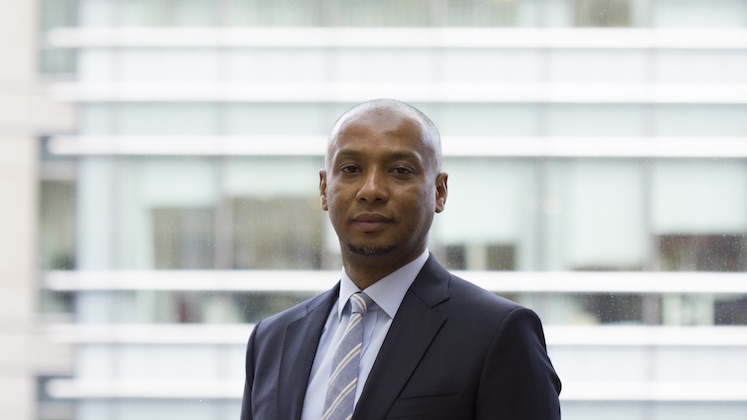The Customer Effect
How JPMorgan thinks of Islamic banking
- JPMorgan has offered Islamic investment banking services for a decade, with heightened demand from Asian markets
- Islamic banking is a new area for fintech; the challenge is to optimize the technology while still following Shariah-compliant processes








